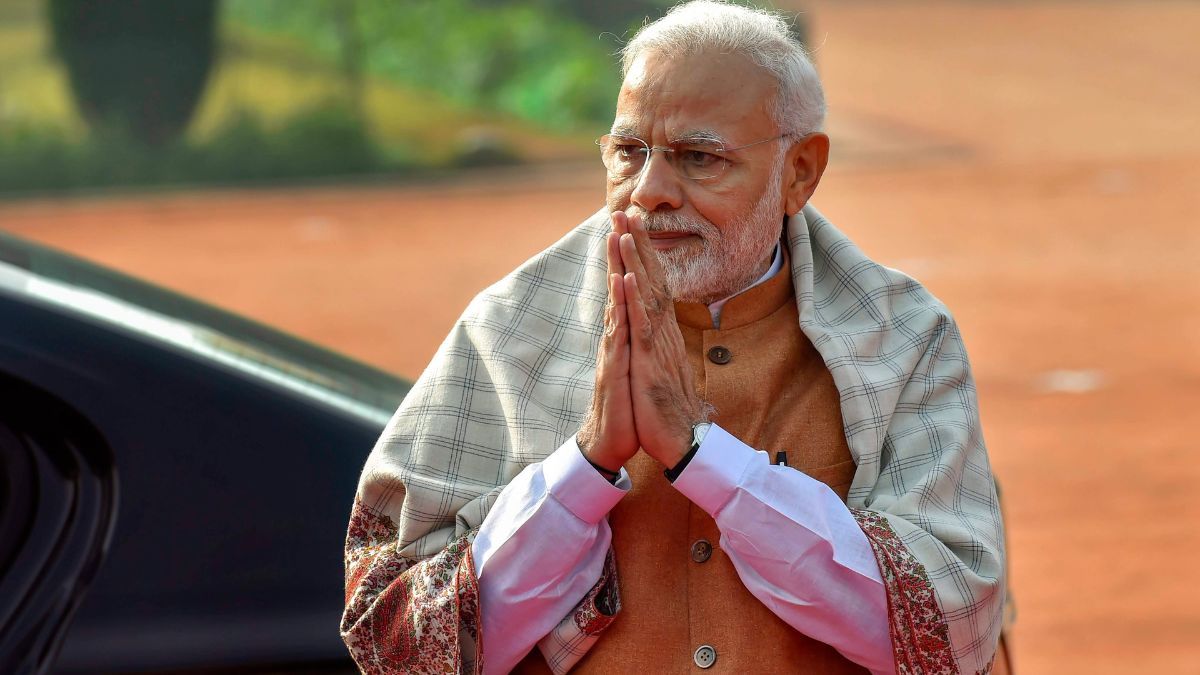

India is poised to significantly expand its global presence in both the electric vehicle (EV) and semiconductor industries. Prime Minister Narendra Modi recently announced ambitious plans for the nation to export EVs to 100 countries and launch its first domestically manufactured semiconductor chip by the end of the year. These initiatives signal a strong push towards self-reliance and technological advancement, marking a significant shift in India's economic strategy.
Speaking at The Economic Times World Leaders Forum, PM Modi highlighted that India is set to achieve a milestone by exporting electric vehicles to 100 countries. He mentioned that a major program related to this achievement would be held on August 26th. This announcement underscores India's growing ambition in the EV sector and its commitment to becoming a key player in the global market. Until 2014, India's automobile exports stood at approximately ₹50,000 crore annually, but now India exports automobiles worth ₹1.2 lakh crore in a single year. India has also begun exporting metro coaches, rail coaches, and rail locomotives.
In another significant announcement, PM Modi revealed that India's first indigenously made semiconductor chip would be available by the end of this year. He stated that semiconductor-related factories have started coming up in India. Six semiconductor units are already operational, with four new plants approved across Odisha, Andhra Pradesh, and Punjab. The Prime Minister has previously addressed delays in the semiconductor industry during his Independence Day address, noting that previous efforts were unsuccessful. He emphasized that the country is now in "mission mode" to roll out the first Made in India chip by the end of 2025.
PM Modi also took a swipe at previous governments, saying that India could have manufactured semiconductors 50-60 years ago but missed the opportunity due to a lack of political will. He assured that his government has changed the situation and is working rapidly on Made in India 6G. The Prime Minister said that the reforms undertaken in recent years have positioned India to sustain its growth trajectory and drive global economic expansion.
These announcements reflect India's focus on strengthening its manufacturing capabilities and reducing its reliance on imports. By promoting domestic production of EVs and semiconductors, the government aims to boost economic growth and create new opportunities for employment and innovation. This strategic shift aligns with the vision of a self-reliant India and highlights the country's potential to become a major global economic force.